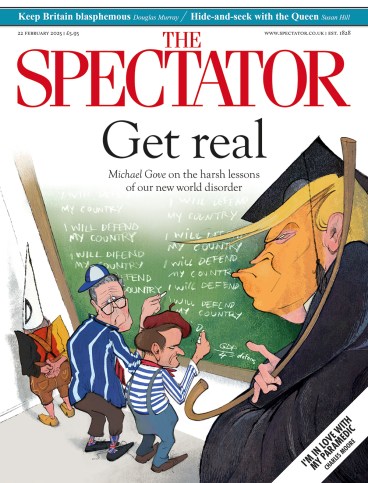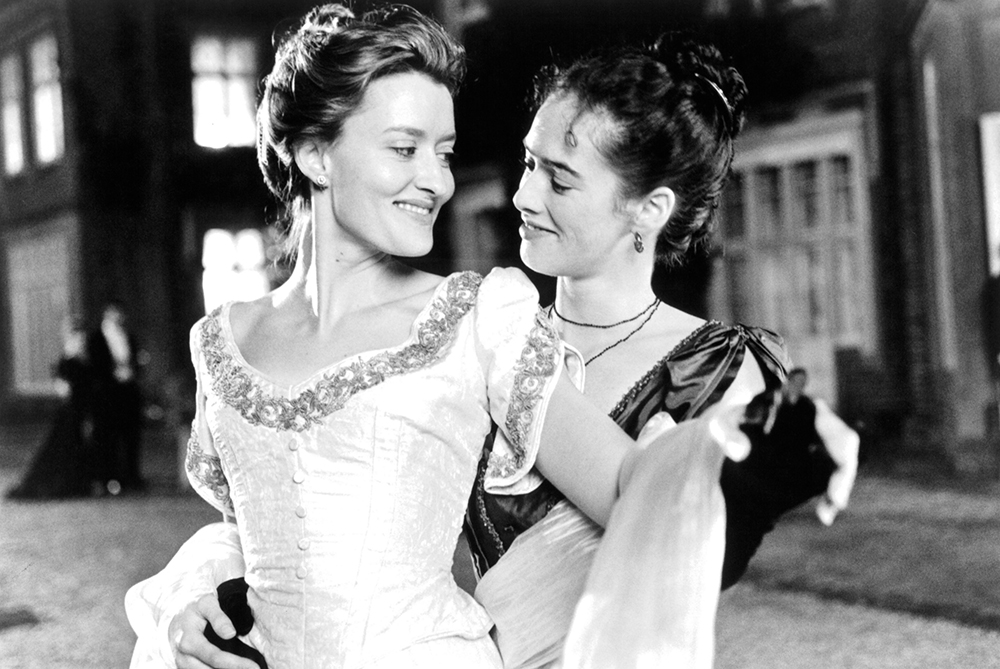
In Comp. 3387, for the centenary of the publication of The Great Gatsby and Mrs Dalloway, you were invited to submit a passage in which one goes to the other’s party. It was especially hard to whittle this one down. Deserving a mention: Mrs D.’s West Egg dream by Brian Murdoch (‘“Sod the temporal perspective and narrative shifts,” she thought, “I need a nap”’) and Basil Ransome-Davies’s rendering of stream of consciousness (‘newspaper vendors at Piccadilly Circus, pigeons marooned in roof space, university architects, pistachio ice cream in a Viennese café… What made her wonder if Mr Carraway was Mr Gatsby’s petit ami like that mad young French poet?’); also Sue Pickard, Sylvia Fairley, Joseph Houlihan and others. The £25 vouchers go to those below.
‘Mrs Dalloway, old boy.’ Thus addressed, Clarissa wondered why she had ever invited Gatsby to her party. He exhibited the lethal innocence of all Americans, standing by and almost disappearing into her voluminous yellow curtains in a suit more appropriate to the Riviera, drinking Tokay as if it were root beer and seeming constantly on the verge of saying ‘Gee willikers’ to the Prime Minister. His conversation proved gauche, its dual preoccupations money, most of which he seemed proud to have amassed, and a girl named Daisy, the apparent toast of somewhere named East Egg. Lady Bruton, shooting Clarissa the sort of desperate and critical look a stricken battleship might direct to its fleet, declared herself charmed. It would have been better, Clarissa reflected regretfully, if there had been dancing.
‘I wanted to say how much I admire your flowers,’ Gatsby said. Reassuring flattery, Clarissa remembered, invariably justified an invitation.
Adrian Fry
What a lark! What a plunge! Clarissa Dalloway, suspended in Westminster most of her life, found America, Mr Gatsby, his companions – and, heavens, those motor cars! – positively charming. Good Lord, the party! All sparkles, laughter, plunging, swimming – the noise! ‘Sign of a successful party, ma’am.’ Before her Mr Gatsby himself. ‘Enchanted to make your acquaintance, sir.’ Did he have such a thing as a toasted crumpet, she breathed, surveying the sequinned swirl of startling skirts well above the ankles, feather boas, headbands, necklaces, cigarette-holders. Was it becoming? Was it decent? Then, what dancing! I had meant to have dancing, she brooded. A thousand pities that I had no dancing. All kicks, flicks, taps, flaps, heel-heel… What is that strange, eerie light? ‘I should like to visit the lighthouse, Mr Gatsby. Is there an omnibus, a tube…?’ Is there a God? ‘Don’t worry, ma’am, Daisy’ll drive you…’ For there she was.
David Silverman
I never fully understood the connection with Richard Dalloway; there was some allusion to the Buccleuch story but when my father learned of Gatsby’s request that I accompany him to London ‘for old times, old sport’, he insisted I look up this old acquaintance. The letter of introduction was evidently accepted, an invitation proffered, and it was with some anticipation that Gatsby and I approached the house in Barton Street that June Wednesday evening. The gathering was already lively when we arrived.
‘How delightful to see you!’ declared our hostess. Gatsby murmured something fitting but he passed by the trays of champagne and the din raised by the guests: confined, they glittered, but more greyly than those at his own parties and here he had no purpose and nowhere for escape. I recognised the bewilderment on his face. ‘I say, old sport,’ I heard his whisper, ‘shall we move along?’
W.H. Thomas
Mrs Dalloway said she would try the cocktails herself. There were liquors and cordials and Imperial Tokay. She often went into the bar and got from her drinks a peace which men and women never gave her. The party was bellow and uproar; Long Island Sound, a blue lawn, this moment of the Jazz Age. Sally Seton, now Lady Rosseter, was dancing in the fountain, swooning playfully into the Prime Minister’s arms, as naked as she had been at 18, when she had run for her sponge bag. Oh! a burst of jazz from the garden outside! A yellow car; a face of the very greatest importance. A breath of bootlegger alcohol. There was no doubt that Gatsby was seated within, the enduring symbol of the corrupt American Dream. The party was a success. But it was still touch and go, Clarissa thought. Such careless people.
Janine Beacham
But where on earth was Mr Gatsby? It bothered her, to sense this vacancy. There were guests: bright, youthful, the colours of citrus fruit, of sweet peas, all in motion, liquid, to the sensuous strains of an orchestra. They were all freshly laundered; sparkling like silver delphiniums; fragile; set against deciduous foliage, quite green; but dying, too, possessed with that unreal energy of cheap bouquets. Somehow, it was terrible; extraordinary; they were like tissue paper, she thought. And yet, no host! no one, it seemed, to greet, to express the million platitudes necessary upon a night like this. The music, so much gossip, overwhelmed her, fascinated her. Was that Mr Gatsby in the corner, smoking a cigarette? Listening; gazing at the crowd, as if they were gleaming ranks of carnations squashed together; was that him? ‘I am Clarissa,’ she said, more to herself than to him, and held out her hand.
Bill Greenwell
‘Yes, my party is definitely a success,’ Mrs Dalloway decided; but then she saw a restless-looking young man, standing awkwardly alone. ‘I’m so glad you could come to my party,’ she said.
‘It’s a swell do,’ he answered morosely.
‘You sound American?’
‘I am. Actually…’ He hesitated, as though about to confide something significant. ‘To be frank, I’m a symbol of the shallowness of success in post-war America.’
‘How interesting that must be!’
‘Are you symbolic too?’
‘Oh no,’ said Clarissa firmly, with a quiet pride. ‘Not symbolic at all. Mrs Woolf wouldn’t do that. I am nothing but a vibrantly living consciousness, whose sensations and memories create a vivid response to the world around me.’
‘Nice work if you can get it, old sport,’ he said. ‘But I reckon I throw livelier parties.’
George Simmers
No. 3390: Contrarian song
‘Whatever it is, I’m against it,’ sang Groucho Marx. You’re invited to be more specific. Please email entries (16 lines maximum) to competition@spectator.co.uk by 5 March.






Comments